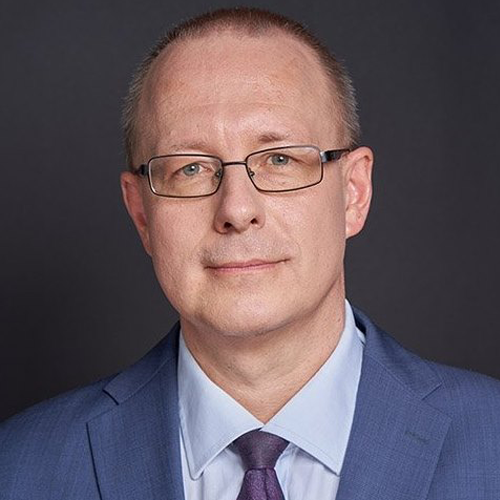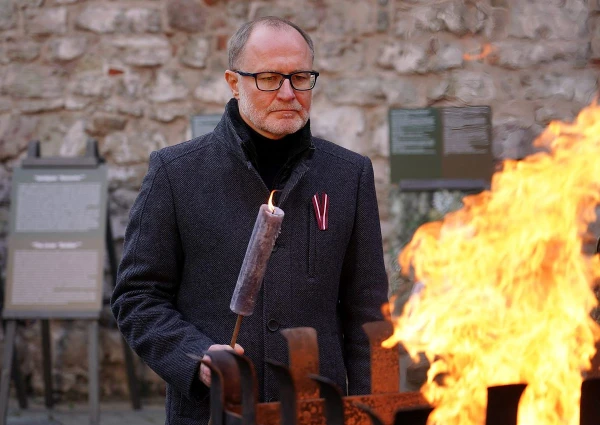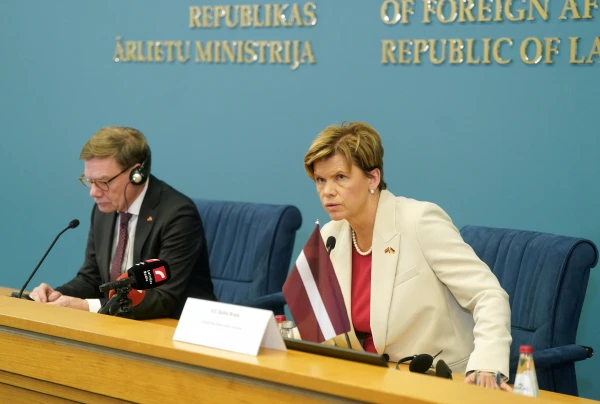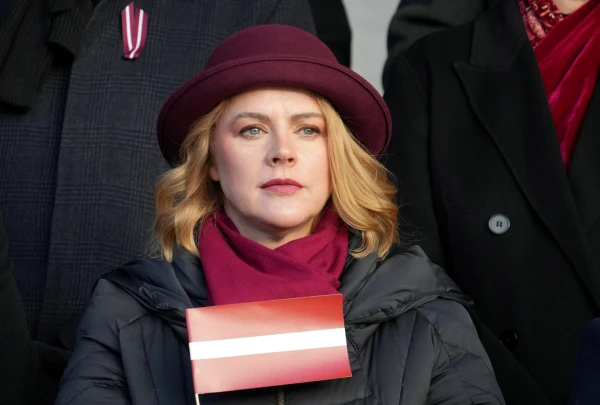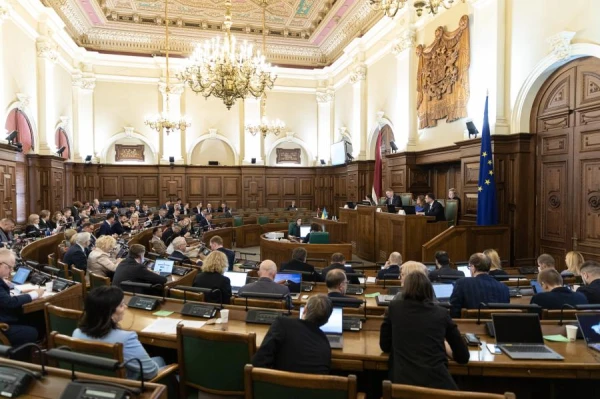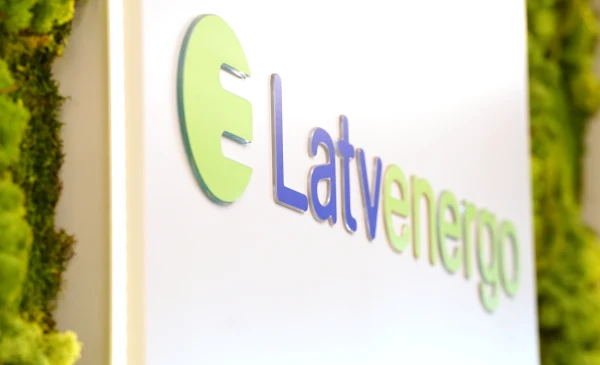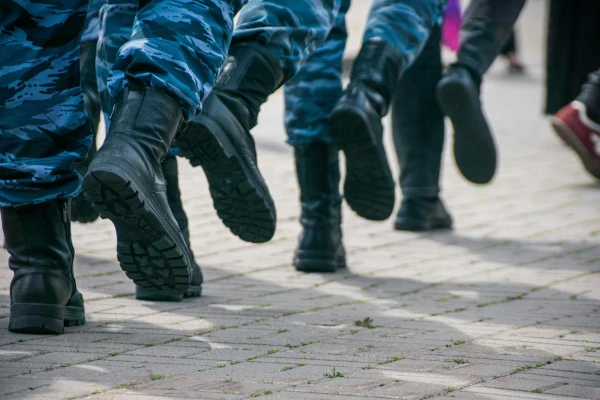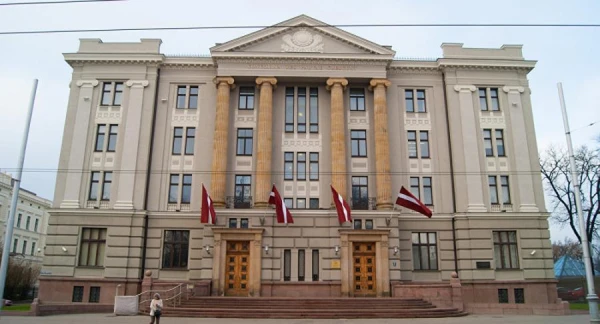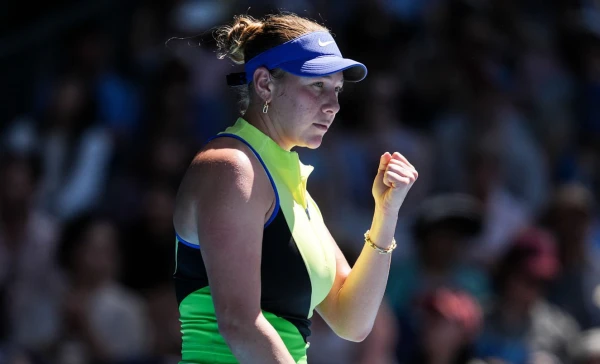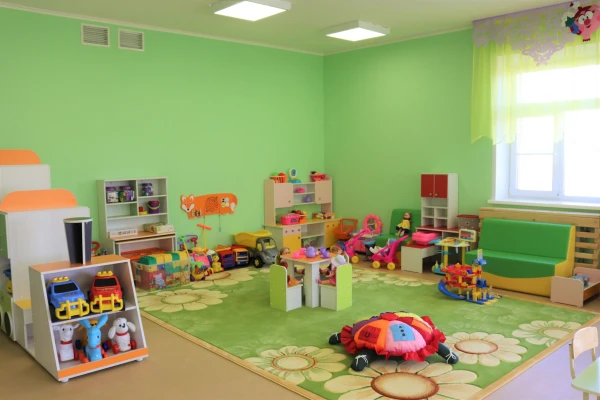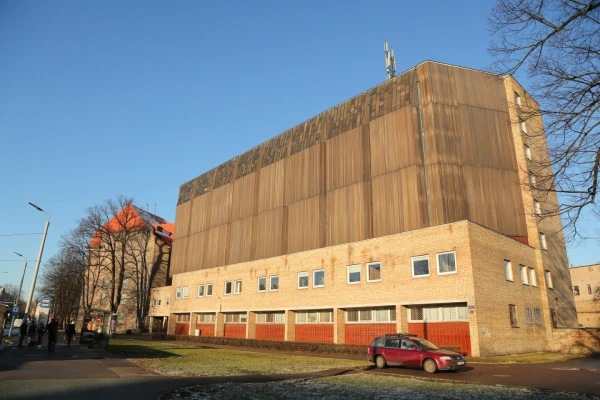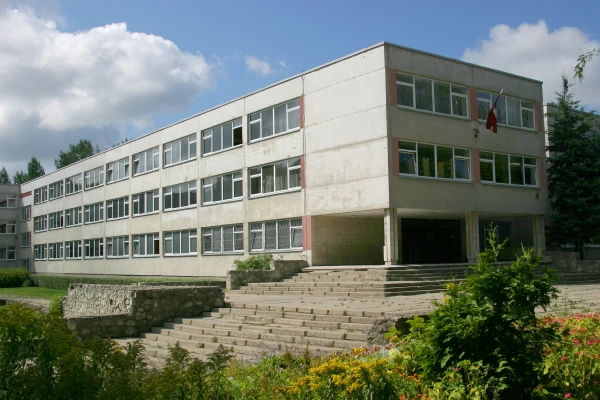
Half a century ago, a modern secondary school — the 75th Riga Secondary School — appeared in this promising residential area by the banks of the Daugava. Bilingual, Russian-Latvian. Over time, it became exclusively Russian, then children began to study for 12 years, and last year it was converted into a basic, that is, 9-year school.
But this was not, of course, the only transformation — the main innovation was the complete transition to teaching in the state language. This educational institution was recently visited by the Saeima Commission on Citizenship, Migration and Social Cohesion by chance...
"We Absolutely Do Not Blame the Students"
The state language, noted in his opening speech the chairman of the parliamentary commission Guntars Kutris, is one of the cornerstones of social unity. "So that people do not live in two parallel systems, but can communicate better based on language," explained the former head of the Constitutional Court, now representing the Union of Greens and Farmers in the Saeima.
– And one of the programs being implemented in the state is — a unified school, – added the politician. – This reform was initiated three years ago, gradually transitioning to teaching in the state language each year.
Ramina Skuja shared that she became the principal of the 75th school in November last year: "Before that, I worked in a school that did not have national minority programs. Thus, I was aware of this challenge and went to work to implement changes in essence."
With the new principal, the school underwent accreditation and assessment in the state language, and an action plan was created. Ms. Skuja stated that her task was to ensure that many "teachers for whom Latvian is their native language" appeared in the school.
– Native speakers of the state language help so that students can learn in it. We absolutely do not blame the students; they are in the situation they are in. We need to understand how to help them, – said the principal.
According to recent diagnostic works, there are 67 students (out of 296) in the school whose level of knowledge of Latvian is assessed at up to 40%. Only 31 students received the highest grades, over 80%. The rest are, so to speak, average. The principal is optimistic: "These students can achieve results."
To raise the level of Latvian proficiency, Ms. Skuja offers elective classes and interest groups (also, of course, in the state language). But everything hinges on attendance — unfortunately, it is still weak... Of course, centralized exams for the 9th grade are ahead. And there, according to previous results, the average grade was shown to be 28%. "This is very low," – admits the principal. The most difficult situation is with the older grades, from 7th to 9th.
Linguistic Dialectics
The greatest challenge for the teachers who came to work at the 75th school, Ms. Skuja mentioned, is that they do not know the Russian language. This applies to her as well. But, on the other hand, there is a positive side to this situation!
– Initially, it is necessary to teach the educational content, – the principal reasoned at the off-site meeting of the Saeima commission. – Everything is in Latvian. What does a student understand if their conversational language skills are very low? And then, of course, we talk about all these supporting materials.
"Translation does not help," – the educator is convinced. Therefore, it is necessary to use "simple language".
"Our goal is to teach them something," – stated Ms. Skuja. Teachers respond this way: "There is progress." Teachers' perception of students' attitudes is roughly divided evenly: 11 see positivity, 10 see negativity.
Reflecting on the need to control the use of language during breaks, the principal expressed that this is the students' free time.
– We try to set an example. If we, the teachers, walk down the corridor and communicate in Russian, then we cannot demand from the students...
"There is technical staff, workers," – acknowledged Ramina Skuja some gaps in the use of the state language. However, extracurricular activities, which are now fully translated into Latvian, come to the rescue. It is important that children do not hesitate to speak, even with mistakes, rather than switching to Russian.
Her own suggestion is to allow children to bring a dictionary to school. Perhaps a homemade one, or — electronic? "We need to replenish the library's collection with books in Latvian." They exchange with other schools.
"Rarely Participate in School Events"
Thus, the principal characterized the attitude of parents in the Krasta area. Of course, "we are happy with those few who come" to various activities that the school organizes in cooperation with the Krasta community. Overall, families still remain "information recipients".
– We definitely want more of this involvement!, – the young principal expressed enthusiastically. – It is difficult to work without support.
Families that send their children to the 75th school are predominantly Russian-speaking. But there are also, for example, re-emigrants.
They also talked about the staff. The school has 4 people with the role of "teacher's assistant", as well as a speech therapist, psychologist, and social educator. In general, there is a full set of teachers! The chairman of the commission was pleasantly surprised.
At the same time, there are problems. "There are good teachers who do not know the language. An excellent mathematician, but cannot explain in Latvian," – stated G. Kutris.
"Everyone Lives in Their Own World"
Deputy from "New Unity" Andrei Yudin recalled that he himself taught at the school — still in a bilingual mode, when "children do not understand", and they have to explain in Russian: "It's like talking to a wall. It is difficult for them even in their native language. We are not talking about inspections here, when inspectors come, something can be shown...".
Principal R. Skuja believes that it is necessary to start with the simplest, conversational language, key words. "Everyone lives in their own world," – sighed A. Yudin.
Meanwhile, Selma Teodora Levrence ("Progressives") inquired — perhaps to start cooperation with schools in Western Europe, where immigrants study, where families speak a different language than the state language in the country?
– We have accepted asylum seekers since the new school year, – the principal replied. – They have their own curriculum, their own department. We are pleasantly surprised by the motivation here, the desire to walk down the corridor and say: "Labdien!"
Deputy Levrence also inquired about "burnout" among teachers. To this, Ms. Skuja said: "So far, there has not been any. It is the director's responsibility! But it is difficult for them."
But why do the children who have studied according to the reform plans for all these years have such poor proficiency in Latvian? The principal said that she has not collected such data and cannot be responsible for preschool education...
Where Do Directors Come From
Ramina Skuja is a master's degree holder in business management with a specialization in "Educational Institution Management". She worked as a teacher of the Latvian language and literature, and as an elementary school teacher. For 3 years, she served as deputy principal of the 1st Salaspils School for grades 1-3.
